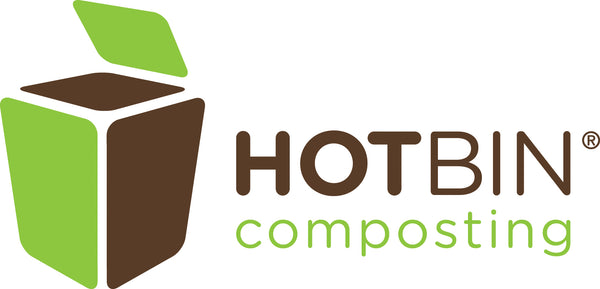Zero Waste Strategies & Implementations
I am narrowing this week's topic to one... Zero Waste Strategies that are currently being implemented throughout major cities in the U.S.; and how these strategies will affect the way in which we dispose of the waste that we generate in the near future.
To start I am highlighting 11 U.S. Cities that are leading the way and taking first steps to assist their residents, and state to meet this important goal.
It all started around 2018 when the city of San Francisco hosted the Global Climate Action summit. At the summit, various world leaders and U.S. cities pledged to take decisive steps towards becoming zero waste in the coming years.
Although, at the time only a few cities including San Francisco, New York and Washington D.C. made the pledge, more cities have been following their footsteps. I found a list of the top 11 cities that are undertaking major zero waste initiatives. Initiatives include diverting organic waste from landfills and promoting composting at local collection centres or at home. A topic directly related to our main product HOTBIN.
The top 11 cities include: New York City (NY), San Francisco, San Diego, Los Angeles, and Oakland (CA), Washington DC, Seattle (WA), Austin (TX), Fort Collins (CO), Boulder (CO), and Minneapolis (MN).
San Francisco (SF), where we will be exhibiting and selling HOTBINs next month, is leading all US cities with an 80% diversion (waste from landfill) rate due to the implementation of many laws and incentives regarding waste disposal.
The San Francisco’s Mandatory Recycling and Composting Ordinance affects all residents, tourists, and visitors… and is a significant cause of San Francisco’s dramatic reduction in material sent to landfills. Their updated pledge is to reducing 50% solid waste generation and disposal to landfill or incineration by the year 2030. Click to learn more about SF’s Ordinance 100-09.
The following are the zero-waste vision, mission, and goals of the remaining 10 U.S. cities on the top of the list:
- New York – Their vision is to “be the most sustainable big city in the world and a global leader in the fight against climate change.” Their goal is to send zero waste to landfills by 2030.
- San Diego – Their current goal is to achieve the diversion of 75% of the waste sent to landfill, achieve a 90% diversion by 2035, and to be 100% zero waste by 2040.
- Los Angeles – Their current goal is to reach 87% diversion rate, achieve a 90% diversion by 2025, and 97% diversion rate by 2030.
- Oakland – The city adopted a 90% diversion zero waste rate by following their strategic plan. Oakland has been successful in the past at meeting its zero waste goals through both voluntary participation and free recycling services available to businesses.
- Washington DC – The city enacted an ‘Sustainable Solid Waste Management Act' to attain 80% diversion rate in the coming years and reach zero waste by 2032.
- Seattle – Their latest commitment, passed in 2007, contains a Zero Waste Resolution’s goal which aims to attain 70% diversion rate by 2025.
- Austin – Austin’s ultimate plan is to reduce the generation of waste materials at the source, and maximizing diversion methods to avoid waste reaching landfills and incinerators. The initiative includes diverting 85% of waste by 2025, and 90% by 2030. By 2040 the city hopes to be purely zero waste and eventually evolve into a restorative economy.
- Fort Collins - This Colorado city was one of the first in the country to set a high diversion rate of 50% in 1999 which was achieved in 2013 and is already home to some zero waste businesses including Annhueser Busch, Intel and Hewlett-Packard. Fort Collins Road to Zero Waste current plan has a goal of 75% diversion rate in 2020 and 90% by 2025.
- Boulder – Their plan consists of targeting ‘hard to recycle’ materials to increase material usage recyclability. Their ultimate goal is of creating new materials from 85% of waste. They have ordinances requiring property managers to provide adequate trash, recycling, and composting services to tenants. Businesses already need to sort waste properly and report compliance.
- Minneapolis – Their plan was to establish a zero-waste goal of diverting 50% of their waste by 2020 and 80% by 2030.
Although some of the above strategies have been slow to fully implement due to COVID-19, the overall strategies are live and advancing. Other cities and municipalities that have already adopted zero waste plans are known to be more than 147.
How Could These Cities’ Zero Waste Procedures Affect You?
There are a few things that all these zero waste cities have in common... At some point in each of these cities, any business or building that produces waste will be required to be responsible for it in some form. With most of these regulations having implementations that should have started in 2020 (most initiatives have been pushed for later due to COVID-19), now is becoming an important time to plan for changes in your waste management processes and procedures.
Add Composting to you New Year Resolutions!

